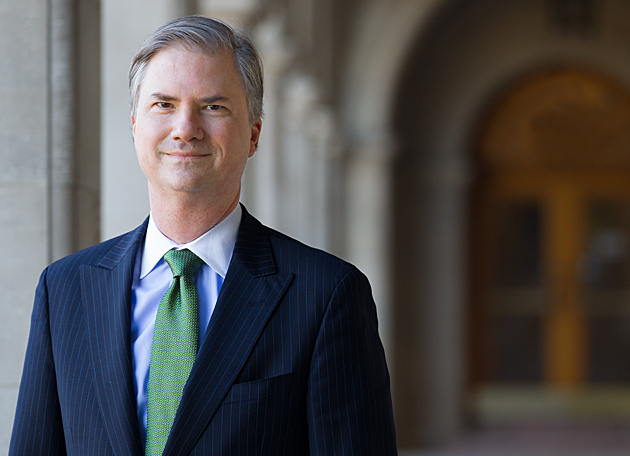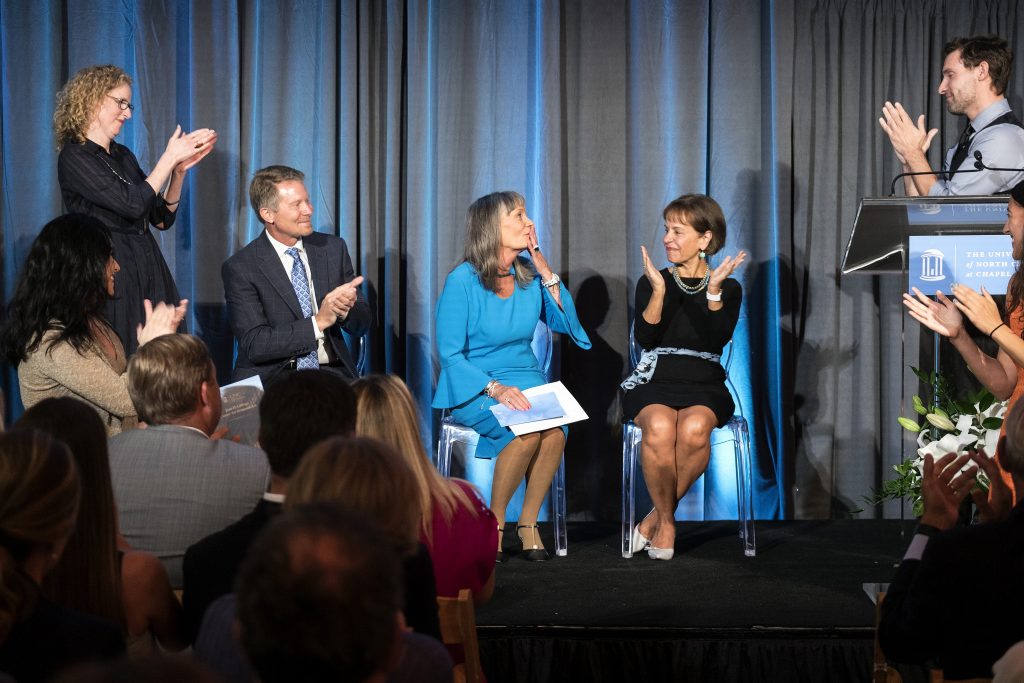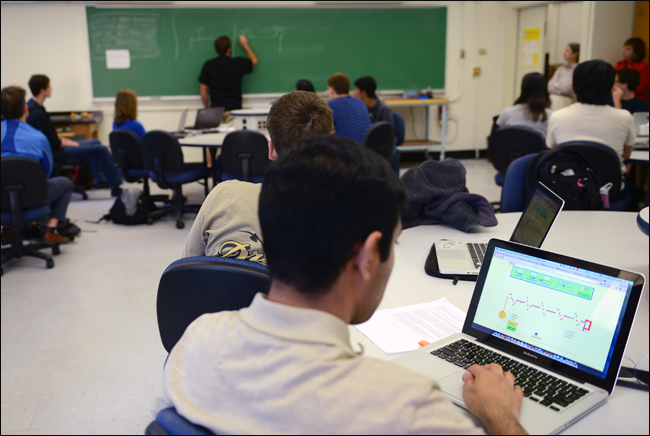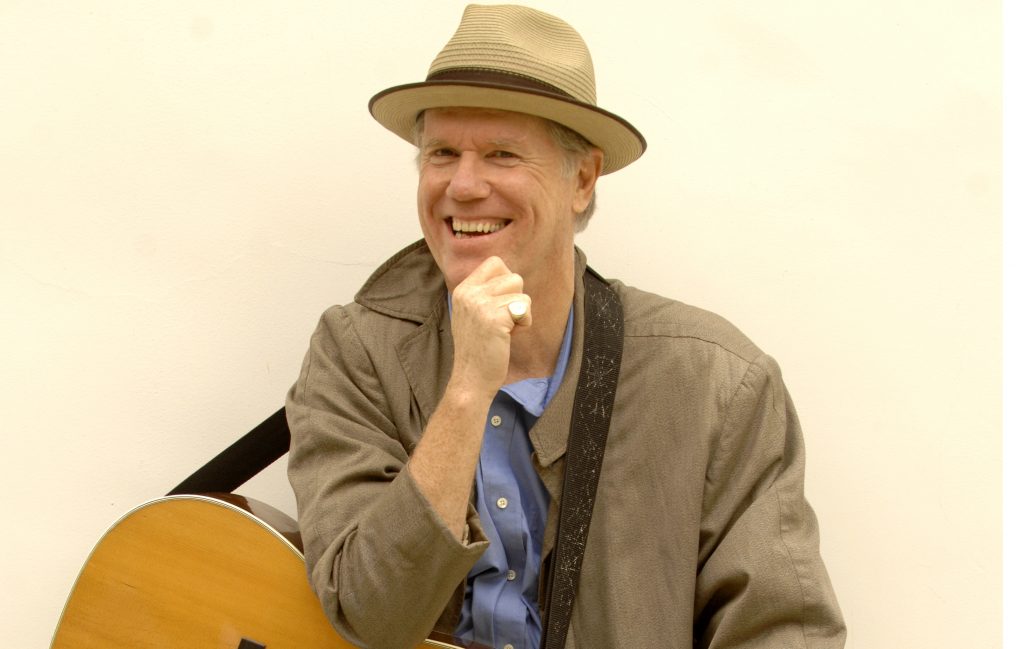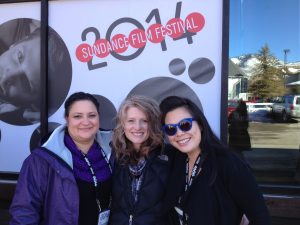
Cherokee purple tomatoes smothered in smoked corn aioli on homemade sweet potato onion bread.
This gourmet locavore sandwich, brainchild of Chef Vivian Howard of the Kinston, N.C.-based restaurant Chef and the Farmer, was named a top 10 dish of the year in Garden & Gun magazine.
But if you ask UNC historian and native North Carolinian Malinda Maynor Lowery what her favorite dish is at the farm-to-table restaurant, she cites the blueberry barbecue pork belly skewers.
Such are the contemporary Southern choices presented at the restaurant that is the focus of the wildly popularly PBS series, “A Chef’s Life.” The reality/cooking show just won a Peabody Award, one of the premier honors in broadcast journalism. It’s also a finalist for a James Beard Foundation award, another top honor.
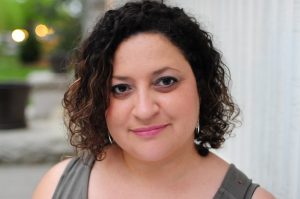
Lowery serves as the show’s co-producer. UNC alumna Cynthia Hill (pharmacy ’93) is producer and director. Lowery heads the Southern Oral History Program in UNC’s College of Arts and Sciences, and she also has a background in documentary filmmaking.
Hill, the director, and Howard, the chef, grew up together in Kinston. Lowery and Hill have been friends for about 15 years and worked together most recently on a documentary on domestic violence called “Private Violence,” which was shown at the Sundance and Full Frame film festivals and will be broadcast on HBO.
Viewers have been drawn to the authenticity of “A Chef’s Life,” Lowery said. Howard is the child of tobacco and hog farmers. After she and her husband, Ben Knight, left New York City to open the restaurant in Kinston, they developed strong relationships with local farmers. Chef and the Farmer sources 70 percent of its menu from within 60 miles.
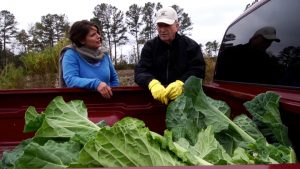
“Both ‘Private Violence’ and ‘A Chef’s Life’ resonate with what we do in the Southern Oral History Program in telling people’s stories,” Lowery said. “‘A Chef’s Life’ focuses on Southern culture and history and food as a way to access those things.”
As co-producer, Lowery has had the largest impact on developing the show’s outreach strategy. She does a lot of writing related to the show — grant proposals, web content, e-mails to partners and collaborators, publicity materials and more.
“Social media has been incredibly important,” she said. “We work as a team to create posts and to cultivate the audience and give them things they can act on in their own lives. One of the things I’m most proud of is a map that provides people with locations of local farmers so they can purchase the ingredients that they see on the show.”
Lowery calls both the PBS show and the restaurant “an incredibly important economic development resource for eastern North Carolina.”
“The local food movement is significant in North Carolina, and the brilliance of this show is that it provides a storytelling vehicle for that,” she added. “Vivian has managed to convince people that buying local is in their best interest, not in somebody else’s best interest.”
The first season is over, but local viewers can watch the series online or watch re-broadcasts of the show on the EX channel Wednesdays at 8:30 p.m. or on UNC-TV Sundays at 1 p.m.
Filming for season two is under way, with new episodes set to launch in September. For fans, Lowery promises some surprises in the lineup, like a one-hour holiday special, “where Vivian will introduce us to a variety of recipes, old and new, and we’ll feature the stress of the restaurant season as it overlaps with the holiday season.”
Lowery said working on the show has been “deeply satisfying.”
“My own life experience and my academic experience have helped me to [value] the need and importance of people understanding their own communities,” she said. “The show portrays the rich and diverse culture of the South and all that means.”
[By Kim Weaver Spurr ‘88]

